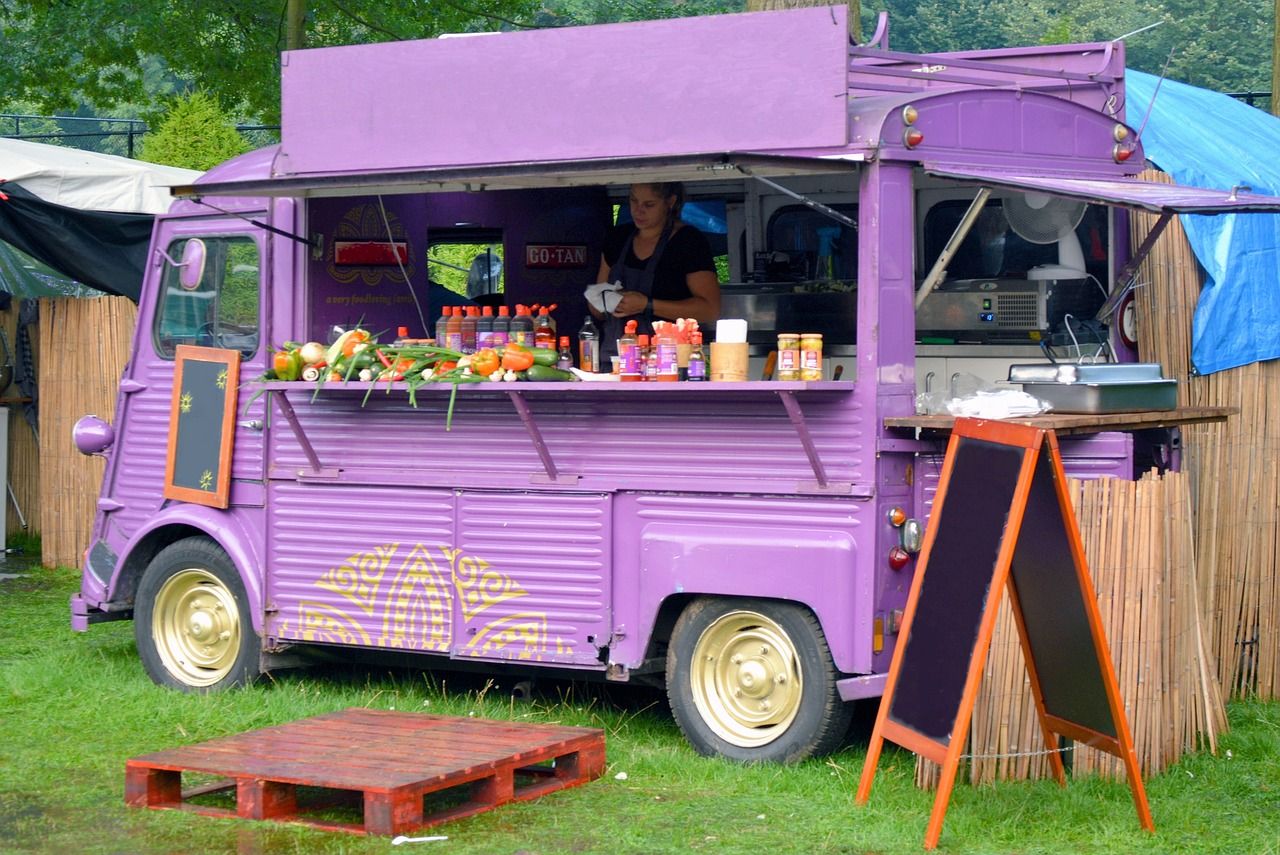The catering industry is thriving in the United Kingdom, and starting a mobile food outlet can be a lucrative venture for aspiring entrepreneurs. With a growing demand for convenient and high-quality food options, mobile catering businesses offer flexibility, a unique customer experience, and the potential for significant profits. In this article, we will explore the steps to open a successful catering business, provide industry statistics, and offer valuable tips to help you get started on the right foot.
Industry Statistics: The catering industry in the UK is a significant contributor to the economy, and the mobile food sector has seen considerable growth in recent years. Here are a few industry statistics to highlight its potential:
- Market Size: The UK catering industry is valued at over £1 billion annually, and mobile food outlets account for a significant portion of this market share.
- Growth Potential: The mobile catering sector has experienced substantial growth, driven by changing consumer preferences and an increased demand for street food and convenient dining options.
- Popularity: According to a survey conducted by Street Food Live, 61% of Britons said they would choose street food over a traditional restaurant meal, indicating a growing appetite for mobile food outlets.
- Events and Festivals: Mobile catering businesses thrive at events and festivals, which are a significant part of the UK’s cultural and social fabric. There are thousands of events taking place throughout the year, offering ample opportunities for mobile food outlets to showcase their offerings.
Steps to Start a Mobile Food Outlet
- Research and Planning
-
- Identify your target market, considering factors such as location, demographics, and competition.
- Research the licensing and regulatory requirements specific to your area. Contact your local authority’s environmental health department to understand the necessary permits, food safety regulations, and health and safety guidelines.
- Analyze the costs involved, including equipment, supplies, transportation, licenses, insurance, and marketing expenses.
- Create a Business Plan
-
- Outline your business objectives, target market, unique selling points, and marketing strategies.
- Develop a pricing strategy that considers food costs, overheads, and profit margins.
- Determine your menu, focusing on a specific cuisine, dietary preferences, or food niche that differentiates you from competitors.
- Create a financial forecast, including sales projections, operational costs, and break-even analysis.
- Set Up Your Business
-
- Register your business with the appropriate authorities, such as Companies House, to establish it as a legal entity.
- Choose a catchy and memorable name for your mobile food outlet and ensure it is not already in use.
- Acquire the necessary licenses and permits, such as a mobile trading license and food hygiene certificate.
- Invest in a suitable vehicle or trailer that complies with health and safety regulations and is equipped with appropriate cooking and storage facilities.
- Source quality suppliers for ingredients, ensuring they meet food safety standards.
- Marketing and Branding
-
- Create an eye-catching logo and develop a cohesive brand identity that represents your concept and target audience.
- Build a professional website or social media presence to showcase your menu, location, and upcoming events.
- Engage with your audience on social media platforms to build a loyal customer base and generate buzz around your business.
- Collaborate with local businesses, participate in food fairs, and consider offering special promotions or discounts to attract customers.
- Food Safety and Quality
-
- Implement rigorous hygiene practices and adhere to food safety regulations to ensure customer satisfaction and avoid legal issues.
- Train yourself and your staff on proper food handling, storage, and preparation techniques.
- Regularly inspect and maintain your equipment to guarantee food safety and quality.
Top Tips for Success
- Differentiate Yourself: Offer a unique menu, focus on quality ingredients, and provide exceptional customer service to stand out in a competitive market. Consider catering to specific dietary requirements or offering signature dishes that set you apart from other mobile food outlets.
- Location, Location, Location: Choose your trading locations strategically. Identify areas with high foot traffic, such as business districts, shopping centers, and popular tourist spots. Additionally, research local events and festivals where you can set up and attract a large number of potential customers.
- Embrace Technology: Leverage technology to streamline your operations and enhance the customer experience. Consider implementing online ordering systems, mobile payment options, and social media advertising to reach a wider audience and make it easier for customers to engage with your business.
- Build Relationships: Network with event organizers, local businesses, and suppliers to establish mutually beneficial relationships. Collaborate with event planners, offer catering services for corporate events, and explore partnerships with nearby establishments to expand your reach and gain new customers.
- Prioritize Customer Feedback: Actively seek feedback from your customers and use it to improve your offerings. Embrace constructive criticism, address any issues promptly, and consistently strive to exceed customer expectations. Positive word-of-mouth can be a powerful marketing tool for your business.
- Stay Up-to-Date with Trends: Keep an eye on emerging food trends and adapt your menu accordingly. Stay informed about changing consumer preferences, dietary requirements, and popular cuisines to stay relevant and attract a diverse customer base.
- Be Flexible and Adaptable: Mobile catering businesses require flexibility to cater to different events, locations, and customer demands. Be open to adjusting your menu, exploring new venues, and participating in various types of events to maximize your opportunities and adapt to market changes.
- Financial Management: Keep a close eye on your finances and maintain accurate records. Monitor your costs, track your sales, and regularly review your pricing strategy to ensure profitability. Consider hiring an accountant or using accounting software to manage your financials efficiently.
Conclusion
Opening a mobile food outlet in the UK can be a rewarding and profitable venture. By conducting thorough research, creating a solid business plan, adhering to regulations, and implementing effective marketing strategies, you can establish a successful catering business. Remember to focus on quality, differentiation, and exceptional customer service to stand out in a competitive market. With careful planning, dedication, and a passion for food, you can embark on an exciting journey as a mobile food entrepreneur in the UK.




